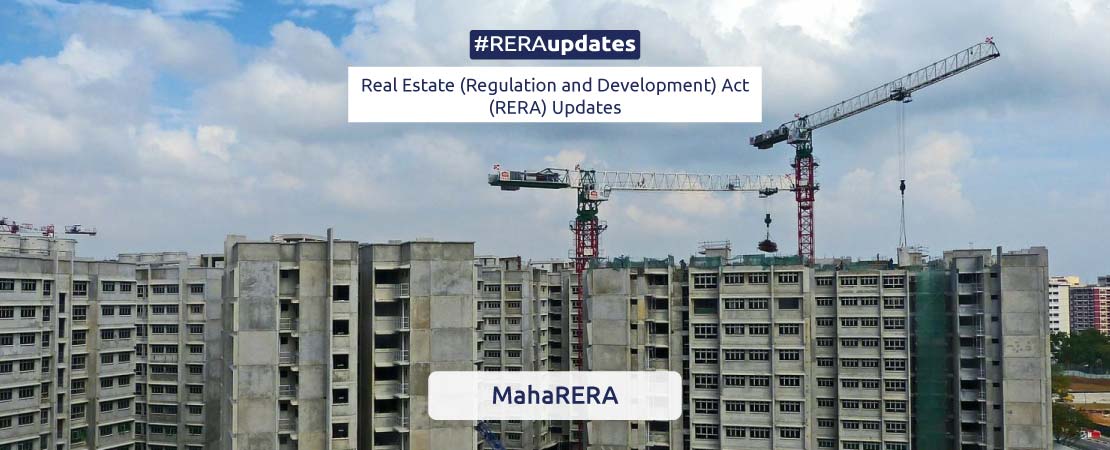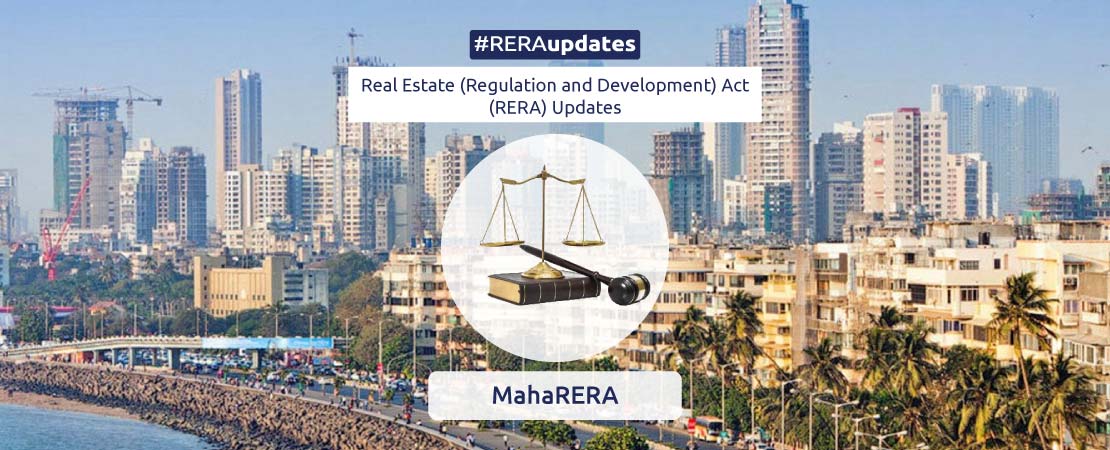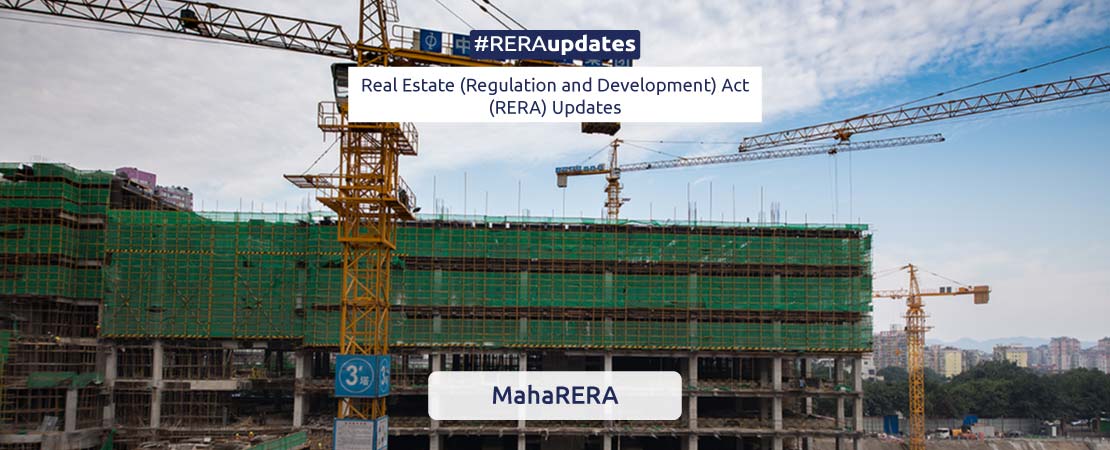Pune
The Maharashtra Real Estate Regulatory Authority (MahaRERA) has placed 16 registered projects under the scanner for non-completion by developers who claimed to have gone bankrupt.
Complaints against these projects have been received mainly from Pune, Mumbai, and Thane, said the authorities. A hearing will be given to these developers, following which they will have to revert within a month or their registration will be revoked under section 7 of the MahaRERA Act, officials said.
In all, 70 complaints have been received from members of the homebuyers’ association against these 16 projects.
The regulatory body had said that homebuyers should form associations and lodge complaints against promoters under section 7 of the MahaRERA Act.
The MahaRERA authorities told TOI that several complaints have been received against these projects and the standard operating procedures (SOP) were put in place for revoking their RERA registration.
Under SOP, homebuyers can form association and lodge a complaint under section 7 of the MahaRERA Act, demanding that the registration be revoked and a new developer be appointed with the help of MahaRERA officials.
“The complaints have been received mainly from Mumbai, Pune and Thane against these projects. The MahaRERA will decide on the projects that have been shelved due to bankruptcy. For each of the registered complaint, hearing has been given to banks and homebuyers’ association and they have been asked to check on the projects’ feasibility,’’ stated officials.’ As per the SOP, the developers will get a month’s notice to arrange for money to complete the projects. If they fail to do so, the homebuyers’ association can appoint another developer or they can complete it themselves.
Citizens who have been issued MahaRERA orders but are awaiting implementation stated that the SOP would help to take the projects ahead if the association members work together. “There is very slow implementation of MahaRERA orders and the SOP should help,’’ said an affected citizen.
Developers, however, feel that the one-month window is too short a time and they should be given more time, especially, when a developer has gone bankrupt, they said.










